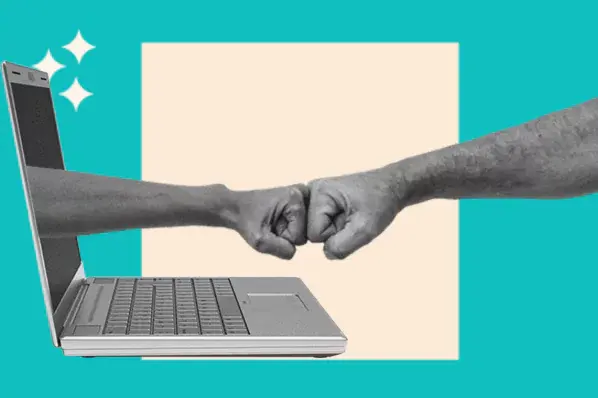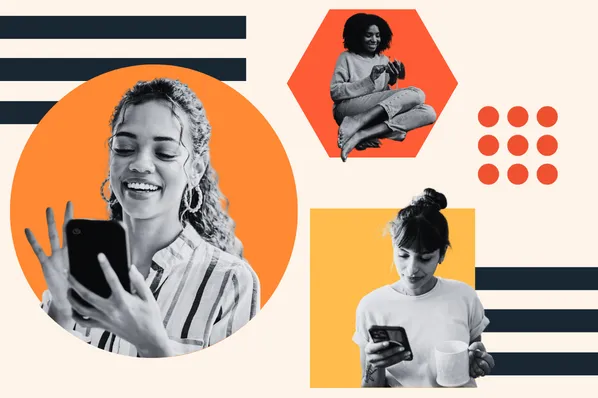 Have you grown weary of all the talk about social selling? I understand. So let's forget about social selling for a little while. Instead, let's talk about social buying.
Have you grown weary of all the talk about social selling? I understand. So let's forget about social selling for a little while. Instead, let's talk about social buying.
Back in the late '80s, Neil Rackham wrote about a model for buying behavior known as the "Buyer Cycle" based on the research that he and his team conducted into how buyers make decisions.That simple model served as a sort of de facto standard model for the B2B buying process for over two decades.
But over the past 25 years, a lot has changed in the way buyers buy.The most recent driver of change has been the advent of social media.By way of their social media connections, buyers have real-time, all-the-time access to information regarding challenges and opportunities facing their industry, potential solutions to their problems, and all the news that’s fit to print about potential suppliers.The pace, flow, and focus of buyers’ decision-making has shifted as a result.
Who is the social buyer?
For the purpose of clarity, social buyer in this context refers to anyone (whether a middle manager, C-level executive, business owner or otherwise) who uses social media to inform their purchasing decisions.
Before the birth of social platforms, buyers identified issues or opportunities affecting their businesses in a deliberate way.They went through a protracted phase in which they discovered challenges and steadily moved from their once satisfied state to a state of dissatisfaction.
In contrast, today’s social buyers are always conscious of issues affecting their businesses, and they are empowered by information available via social platforms to identify and classify them quickly. In short, the pace at which a buyer moves from satisfied with the current state to dissatisfied has accelerated because of social platforms.The social buyer is in a state of nearly constant evaluation and change.
The social buying process is complex, but sellers must understand it if they want to have a prayer of being successful. Rather than dive into a blow-by-blow narrative of what each phase of the social buying process looks like, it might be more productive to think about the questions to which a social buyer seeks answers as they progress through their decision-making processes. In so doing, we may discover opportunities to create value and insight for them.
What is the social buyer thinking about?
Here are some common questions that social buyers turn to their social networks to find answers to.
1) How do we compare to others in our industry?
2) Is there evidence on the social platforms I use that others in our industry are dealing with the same issues that we are? Which opportunities are they pursuing?
3) Do we need to take any action now?
4) Have others I’m connected with found a way to cope with the issues we’re experiencing?
5) When did those people reach the point where inaction was no longer an option?
6) What can I do on my own to capitalize on this opportunity?
7) Can I find like-minded businesspeople on LinkedIn or another social network who’ve dealt with this sort of situation before?
8) If I cannot do this on my own, who out there has relevant experience?
9) Can anyone recommend potential suppliers?
10) Can I find proof that those suppliers can deliver the sort of result I need?
11) Once I’ve identified a solution/provider, how will I know if I can trust them?
12) Who has experience working with a specific provider? Does anyone have any success stories? Horror stories?
The point of thinking about these questions is to discern whether and where there is opportunity to create value or insight for a social buyer. If we can put ourselves in their shoes, how might we approach them differently over social media?How might we react to buyers’ questions or comments in LinkedIn groups or on Twitter?Can we be different from all the other “social sellers” who are quick to jump in with answers about their products or services without first considering where the buyer may be in their decision-making process?
I won't supply the answers to these questions here. After all, I told you we were going to forget about social selling for a little while.I will, however, look forward to your feedback on this view into the mind of the social buyer. Let me know what you think in the comments.












